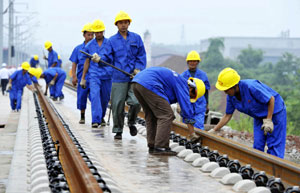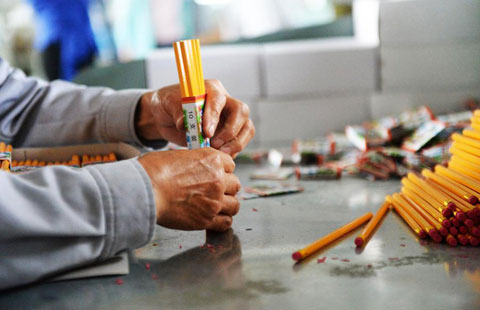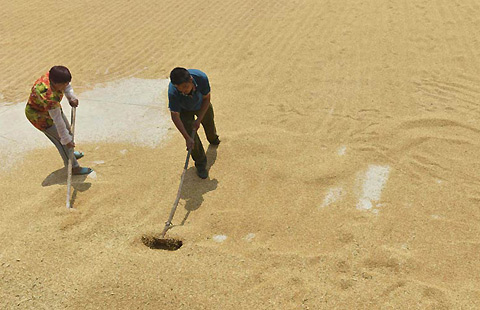Urban future for China
By KARL WILSON (China Daily) Updated: 2014-06-30 07:12According to the global consultancy McKinsey & Co, 3.6 billion people, or half of the world's population, live in cities. This is the highest in mankind's history and the number is growing dramatically.
In Asia, more than 122,000 people drift into cities daily from the countryside, looking for a better life and work.
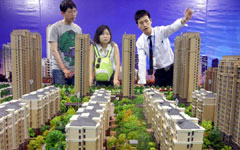 |
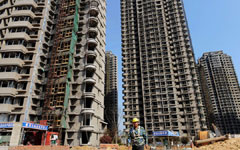 |
While developed Asia-Japan, South Korea, Hong Kong and Singapore-has the money to cope with an expanding urban population, it is the developing countries that are struggling to deal with urbanization on an unprecedented scale.
All are fighting to secure or maintain the competitiveness of their cities and the livelihoods of the people who live in them.
And all are aware of the environmental legacy they will leave if they fail to find more sustainable, resource-efficient ways of managing these cities.
Simple things that are taken for granted by so many-such as garbage collection, infrastructure, a clean environment, parks and recreation facilities-all go into the mix.
The Manila-based Asian Development Bank estimates that by 2022, more people will be living in Asian cities than in the countryside. This will put enormous strain on services ranging from education, health, transport and housing to water, sanitation and even garbage disposal.
The ways in which cities develop and cope with such rapid urbanization are of huge importance to citizens who live there. But their development matters to others too.
Cities are the main source of global economic growth and productivity, and they account for most resource consumption and greenhouse gas emissions. Urban development, therefore, matters to the well-being of all the world's occupants.
|
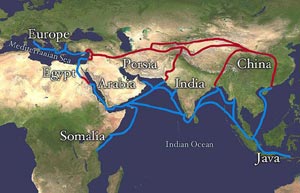 |
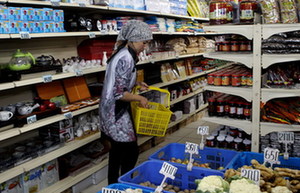 |
| Revival of ancient Silk Road 'essential' for Asian nations | Kazakh students say Silk Road will pave way for career openings |
- Beijing new home sales hit 9-year low
- Green shoots in Wuxi offer fresh hope
- China needs a culture of creative innovation
- Following the right footsteps
- Skoda's new design DNA
- Chengdu-Mianyang-Leshan ready for service
- Qoros: Hatchback shows young automaker is growing up fast
- Chery shuts once-top Beijing outlet
